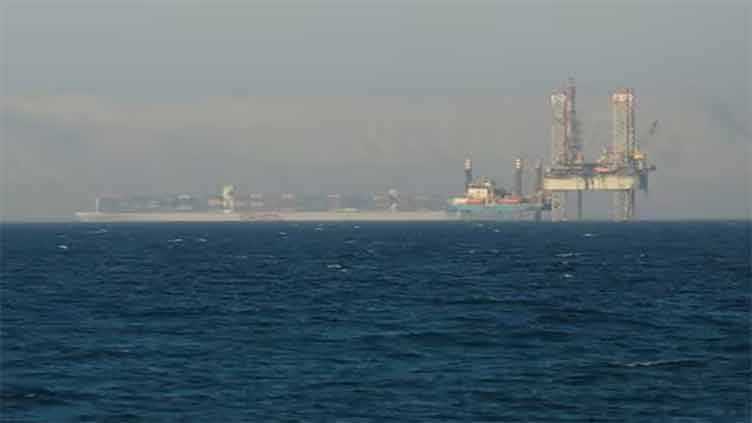Oil perks up as Red Sea tensions spark investor jitters

Business
Oil perks up as Red Sea tensions spark investor jitters
LONDON (Reuters) - Global oil benchmark Brent topped $80 a barrel on Wednesday amid jitters over global trade disruption and geopolitical tensions in the Middle East following attacks on ships by Yemen's Iran-aligned Houthi forces in the Red Sea.
Brent crude futures rose 89 cents, or 1.1%, at $80.12 a barrel by 1101 GMT, while U.S. West Texas Intermediate crude climbed 93 cents, or 1.3%, to $74.87 a barrel.
The benchmarks closed up more than 1% on Tuesday as some companies rerouted vessels, with longer voyages increasing the cost of transport and insurance.
On Wednesday, Greece advised commercial vessels sailing in the Red Sea and the Gulf of Aden to avoid Yemeni waters. Greek ship-owners control about 20% of the world's commercial vessels in terms of carrying capacity.
Meanwhile, Washington on Tuesday launched a task force to safeguard commerce in the region.
"Thus far, the U.S.-led naval mission to mitigate Houthi attacks has failed to ease broad concerns of safe passage through the Red Sea, with major maritime carriers still choosing to steer clear amid the tensions," said Yeap Jun Rong, market strategist at IG.
Advertisement · Scroll to continue
The Houthis vowed to defy the U.S.-led naval mission and to keep targeting Red Sea shipping in support of Palestinian enclave Gaza's ruling Hamas movement.
About 12% of world shipping traffic passes up the Red Sea and through the Suez Canal. Although oil supply has been re-aligned, no shortages have yet emerged, analysts said.
"As long as production is not threatened the market will eventually adjust to changing supply routes," said Saxo Bank analyst Ole Hansen.
ECONOMIC GREENSHOOTS
"It is not a far-fetched thought to attribute the present advance in prices as much to rate cut expectations, falling bond yields and dollar and healthy equity markets as to the geopolitical temperature," said Tamas Varga of oil broker PVM.
Recent data suggests central bank action to quell sticky inflation in Europe had made a meaningful difference.


